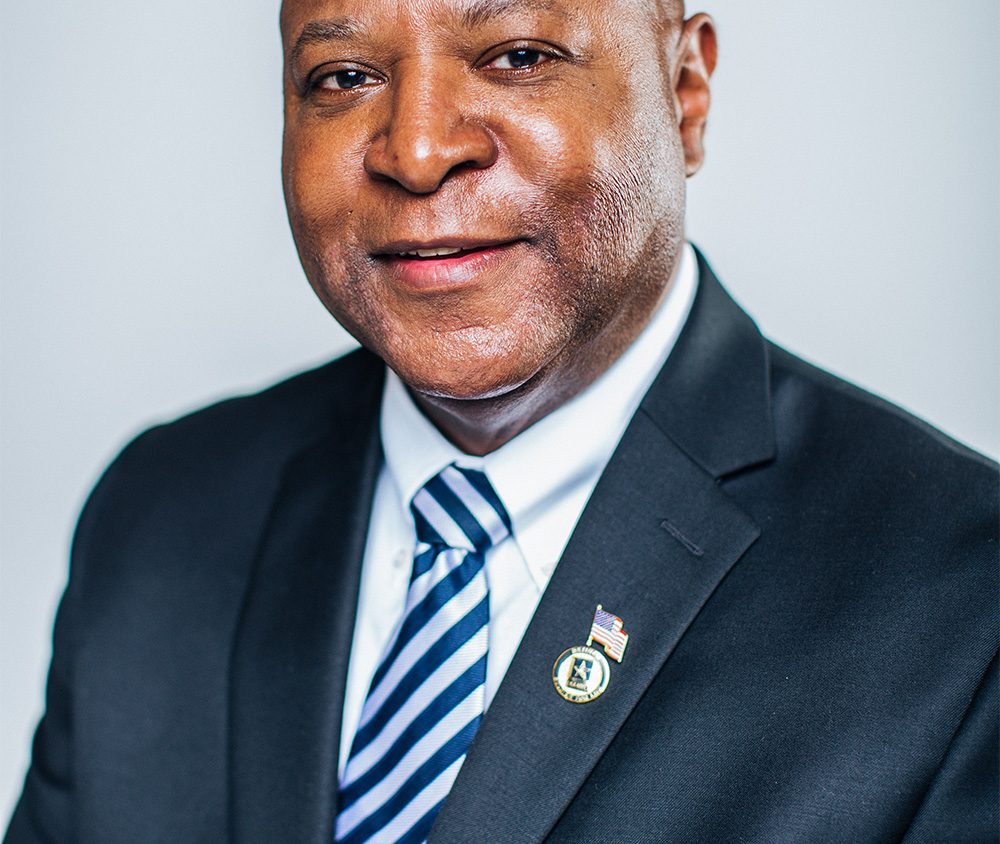By Sen. James Manning and Rep. Marty Wilde
Oregonians deserve peace officers who will serve and protect the public, not control the public.
During the first 2020 special session of the Oregon Legislature, we took important steps towards that goal by changing policies that shield and protect bad police officers who have tainted the badge through predatory and unprofessional conduct that all too often targeted and abused Black people and other communities of color.
We must improve peace officers’ training, reduce excessive and unnecessary uses of force, and hold officers who willfully violate their oath of office accountable for their actions.
During the special session, we made progress in establishing a 21st-century policing philosophy. Now police cannot disperse CS gas (teargas) to break up peaceful protests except in response to riots, and then only after giving the crowd warnings.
Now we require public availability for records of police who have committed serious professional misconduct, and we require agencies hiring police to check those records. The law now requires police officers to report unprofessional conduct by their peers.
Officers can no longer use chokeholds or other tactics that can easily result in death, except to protect their own lives. And we established a process so that police discipline will follow transparent guidelines, protecting both officers and the public.
American popular culture focuses on policing as catching criminals, not as protecting the public. While this makes for a good entertainment, it does not reflect the public’s true priorities and realities.
As military veterans, we have experienced how challenging it was for our servicemen and women overseas to move from a mindset of “get the bad guys” to “protect the people” as the primary mission. We must acknowledge, too, that not every police applicant who seems qualified should become a peace officer; we must screen for candidates who want to serve and protect.
Looking to the future we have much work to do, because not every call to 911 requires police response. For example, a person experiencing an emotional or mental crisis would be better served by crisis intervention specialists like those of CAHOOTS as first responders. This will leave peace officers available to respond to calls they are trained for.
At the same time, officers should be competent in using de-escalation techniques and be able to recognize unconscious biases. We all have them, but we can overcome them.
Conversely, when an officer willfully violates the public trust or department policies, an independent civilian review and accountability system must ensure due process and transparency. Through these means, we endeavor to build trust and confidence between our peace officers and the communities they swore to protect and serve.
Hopefully, the policy changes we made during the first 2020 special session will empower professional peace officers. Maybe it will also encourage those who see the profession as “us against them” to change their perspective or choose another profession.
At the end of the day, we must provide our peace officers with the resources to be successful. And we must build community trust essential for peace and harmony. We are not there yet, but we are moving forward on the journey. Our work will continue in future legislative sessions. With your help, we will get there together.
Rep. Marty Wilde represents the Kalapuya District, which includes parts of Lane and Linn Counties. Sen. James Manning was a state corrections officer, and later a police officer, railroad special agent and private investigator prior to enlisting in the U.S. Army, from which he retired in 2007.
